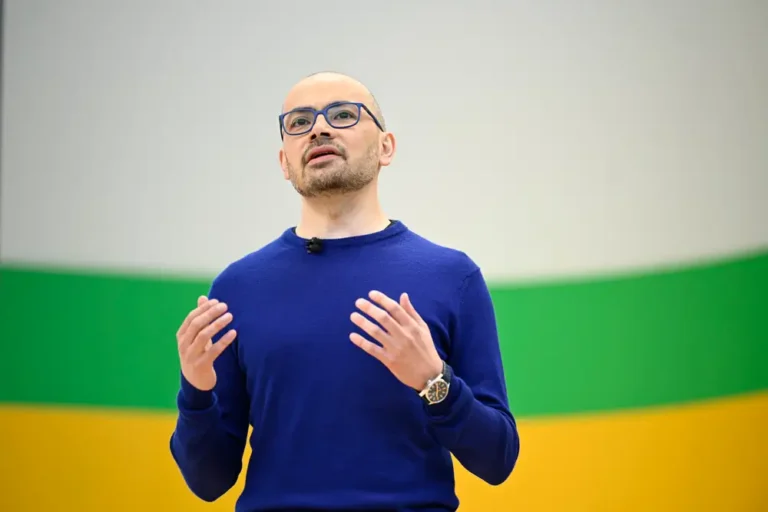Big startups are a bust so prestige investors are fighting for deals into tiny European companies

- European startups have been starved of venture capital investment in 2023.
- However, early-stage companies raising pre-seed and seed rounds have captured investor attention.
- High-profile backers like Andreessen Horowitz and Index have piled into young companies this year.
The fervor surrounding generative AI, as well as lower valuations and a lack of growth funding opportunities, have all helped to insulate Europe’s early-stage startup scene from the worst of the economic downturn.
According to Crunchbase data, funding for European startups fell by nearly 60% to $23 billion in the first six months of 2023.
With few other options for investing based on price, quality, or both, top tech investors have been descending the value chain to find the most promising new startups. As a result, pre-seed and seed funding has held up better, falling 32% to $3.8 billion.
Early-stage startups typically range from small checks at the pre-seed round up to Series A, which are worth an average of $14.2 million in Europe. Growth-stage typically refers to larger Series B and C rounds, which will average more than $100 million in 2021.
The most sought-after deals on the market are frequently awarded to brand-new teams. ElevenLabs, a London-based artificial intelligence startup founded by Google and Palantir alumni, raised $18 million at a valuation of $100 million a year after its inception. Mistral, another European startup founded by ex-Facebook and DeepMind employees, raised $113 million in its first month of operation.
Index Ventures is set to lead a round into a startup called Duna, which was founded earlier this year by two ex-Stripe engineers, though the venture is still in stealth, according to two sources familiar with the matter. David Schreiber and Duco van Lanschot’s new company will focus on a type of customer verification known as KYC, or “know your customer.” Index and the founders both declined to comment.
Another new startup, Pivot, based in Paris, was founded earlier in 2023 and focuses on procurement. According to two sources, the company raised around $5.5 million at a $20 million valuation from London-based early-stage fund Cocoa, German fund Visionaries Club, and Emblem, a new French seed fund. Pivot was founded by Marc-Antoine Lacroix, the chief product officer of French fintech unicorn Qonto, and Romain Libeau, the chief product officer of fellow French unicorn Swile. Sifted was the first to report on the funding.
According to Filip Dames, a partner at Berlin-based Cherry Ventures, a lack of growth funding is driving larger funds downstream to do earlier rounds.
“As a founder, you must be very aware of the risks of taking money from these firms; it makes no difference if you represent effectively 0% of the assets in a fund; when things get tough – and they will – you may be left alone,” Dames said.
According to one London-based investor who preferred not to be identified, during the frothy years of venture capital fundraising in 2020 and 2021, there was an array of growth-stage startups that received investment before they had met various revenue and customer milestones. This has resulted in a scarcity of growth firms with reasonable valuations and healthy business metrics.
“There are exciting founders building companies after time at scale-ups with great experience, so pre-seed funding will accelerate, and now is the best time to invest as valuations are decreasing,” said the investor.
According to one fintech CEO who invests in young companies, the rest of the market is “paralyzed,” but the early stage in Europe is “still pumping.”
Earlier this year, new French AI startup Dust, also a two-person operation, attracted significant investor interest, eventually receiving funding from Sequoia before the company was even incorporated.
AI has piqued the interest of investors, with similar excitement surrounding a deal for London-based text-to-voice startup ElevenLabs.Quench.ai, a new company founded by the cofounder of Onfido, recently raised $5 million as it emerged from stealth.
Industry stakeholders believe that teams spawned from already successful companies will be very appealing, with some predicting that startups founded between 2022 and 2024 will be in high demand in the future.





